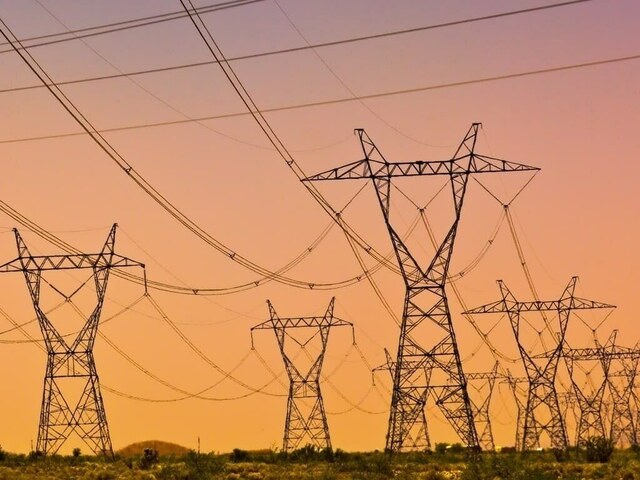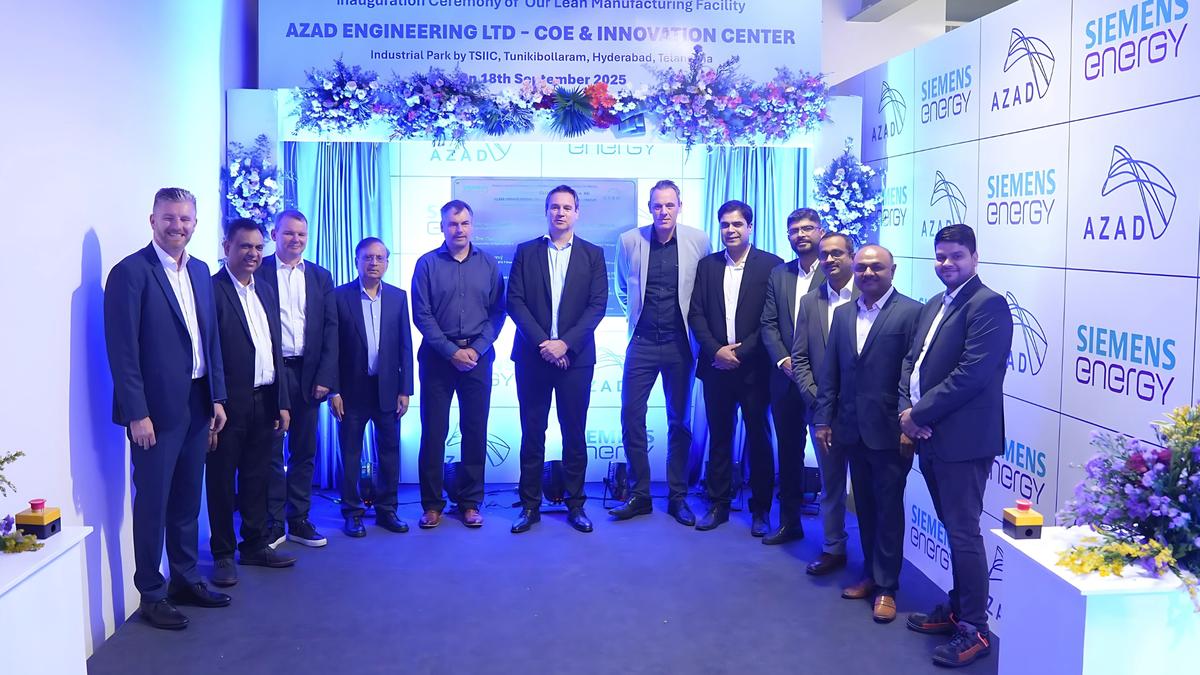By Mushtaq Ghumman
Copyright brecorder

ISLAMABAD: The National Electric Power Regulatory Authority (Nepra) on Thursday expressed deep concern over the existing capacity charges (standard cost) in the country, which is one of the key factors in exorbitant electricity tariff and observed that only a miracle could bring them down under the current circumstances.
These remarks were made by NEPRA Member (Technical) Rafique Ahmad Shaikh during a public hearing on the petitions of eleven Distribution Companies (Discos) for the determination of Use of System Charges (UoSC).
The hearing was chaired via Zoom by Nepra Chairman Waseem Mukhtar, with Member (Law) Amina Ahmed and Member (Development) Maqsood Anwar Khan also in attendance.
Power sector: NEPRA asked to play a ‘more proactive’ role
The Discos were represented by Irfan Butt, Head of MIRAD at GEPCO, while the government’s position was presented by Managing Director of PPMC and Additional Secretary (Power Finance), Mehfooz Bhatti. They outlined a plan to auction 800 MW of electricity at wheeling charges of average Rs. 12.55/kWh, with a bidding price applied over and above the fixed charge. The proposed maximum limit for wheeling is 1 MW.
GEPCO’s representative presented multiple models for launching the Competitive Trading Bilateral Contract Market (CTBCM), including a hybrid model. However, Nepra’s entire panel raised concerns over the government’s proposal, especially regarding the absence of an approved framework for standard cost.
Member (Law) clarified that NEPRA must approve both the grid charges and the standard cost before the implementation of the CTBCM model. “Since there is no standard cost plan in place, and the auction results are not finalized, wheeling cannot begin until standard cost is approved,” she emphasized.
NEPRA confirmed that the government has yet to submit a Standard Cost Framework for regulatory approval, which is a prerequisite for determining these charges. Member (Law) made it clear that the Authority will approve only grid charges not standard cost.
Inefficiencies hiking capacity charges highlighted
During the hearing, Disco representatives stated that the current tariff structure applies system charges uniformly across the country and voltage levels. Industrial consumers are already charged under a two-part tariff system, comprising a fixed charge (per kW/month or per connection/month) and a variable charge (per kWh).
Grid charges are primarily fixed and linked to available capacity (MW/kW). While a fixed charge in Rs/kW/month would be more accurate and cost-reflective implementation may face challenges due to historical reliance on volumetric (kWh-based) tariffs. Therefore, a hybrid model — combining volumetric (Rs/kWh) and capacity-based (Rs/kW/month) charges — is under consideration. He also shared proposed charges of different Discos for different categories.
The Discos also suggested that UoSC reviews should be integrated into the Periodic Tariff Adjustments as specified in Rule-5(2)(c)(B) of the Eligibility Criteria (Electric Power Supplier Licences) Rules, 2023.
Rehan Jawed from Karachi endorsed the hybrid model, saying it would be more practical and industry-friendly.
Regarding the issue of cross-subsidy, the Discos clarified that it would be incorporated into the wheeling charges. Cross-subsidy occurs when the average tariff of a consumer category differs from its allocated cost of service. A category subsidizes others if it pays more than its cost; it receives a subsidy if it pays less.
The Discos admitted that capacity charges — although part of the assessed cost of service — are not included in the current proposed rates for UoSC/Grid Charges, in line with the amended Rule-5 and Strategic Directive-87 of the National Electricity Plan 2023–27.
During the session, a participant asked when capacity charges would be eliminated altogether. Member (Technical) Rafique Shaikh replied, “Only if recovery reaches 100 percent and losses are within the allowed limit — which is unlikely. Only a miracle can make that happen.”
Tanveer Barry, representing the Karachi Chamber of Commerce and Industry (KCCI), criticized NEPRA for accepting the petitions from Discos, questioning why K-Electric (KE) had not submitted a similar petition.
“We do not agree that the industry should pay charges to Discos,” he said, warning that higher system charges would damage the competitiveness of local industries, particularly those focused on exports.
Barry stressed that increased operational costs could trigger an economic decline and feared that wheeling charges would be misused to fund undefined or untargeted subsidies. “Fixed charges risk overburdening specific consumers and contradict the spirit of open access,” he said.
He urged Nepra to ensure a level playing field for all industries, advocating for an equitable system that reflects true costs while promoting transparency, efficiency, and competition in the electricity market.
Copyright Business Recorder, 2025



